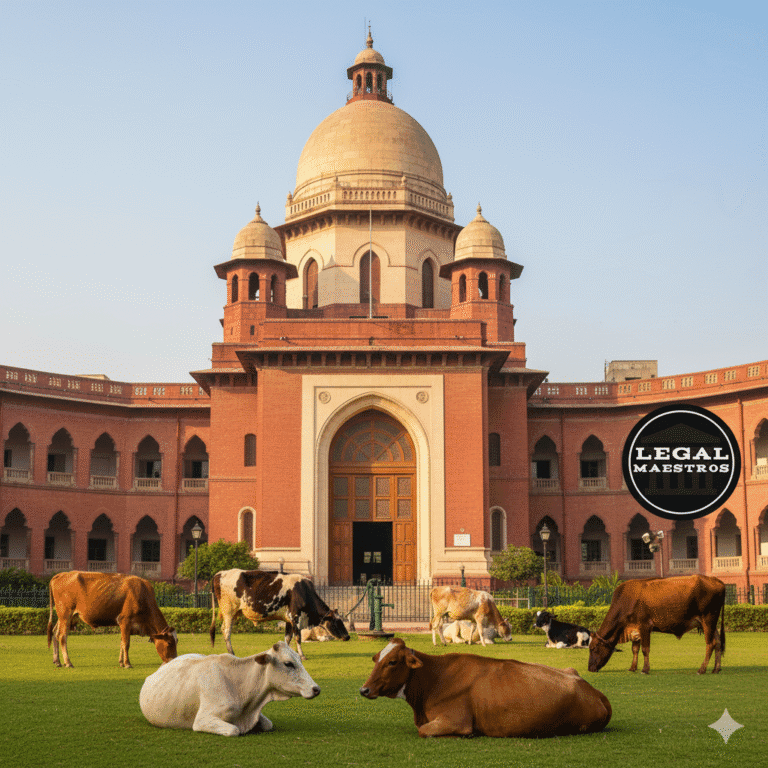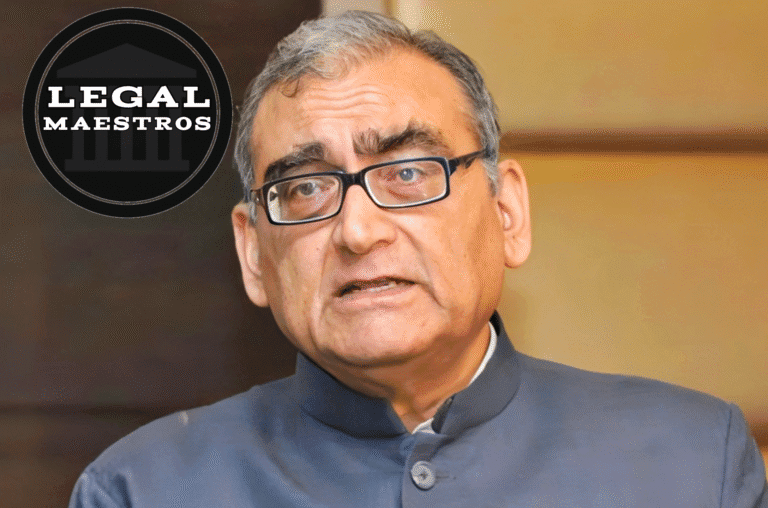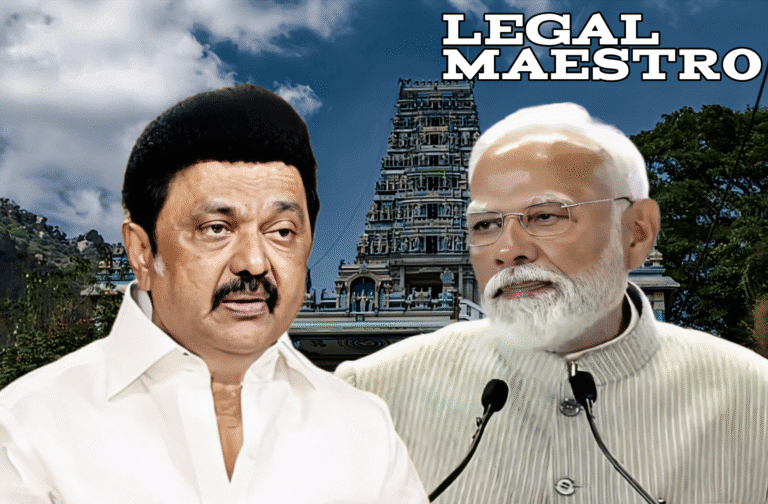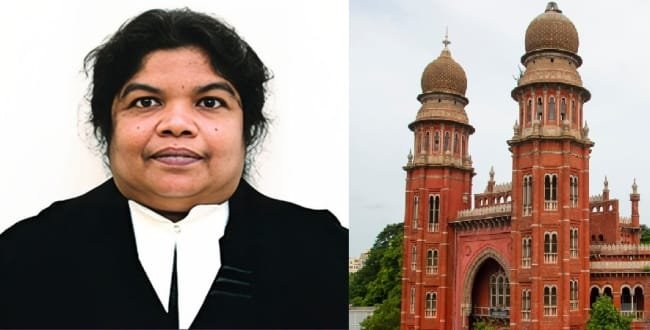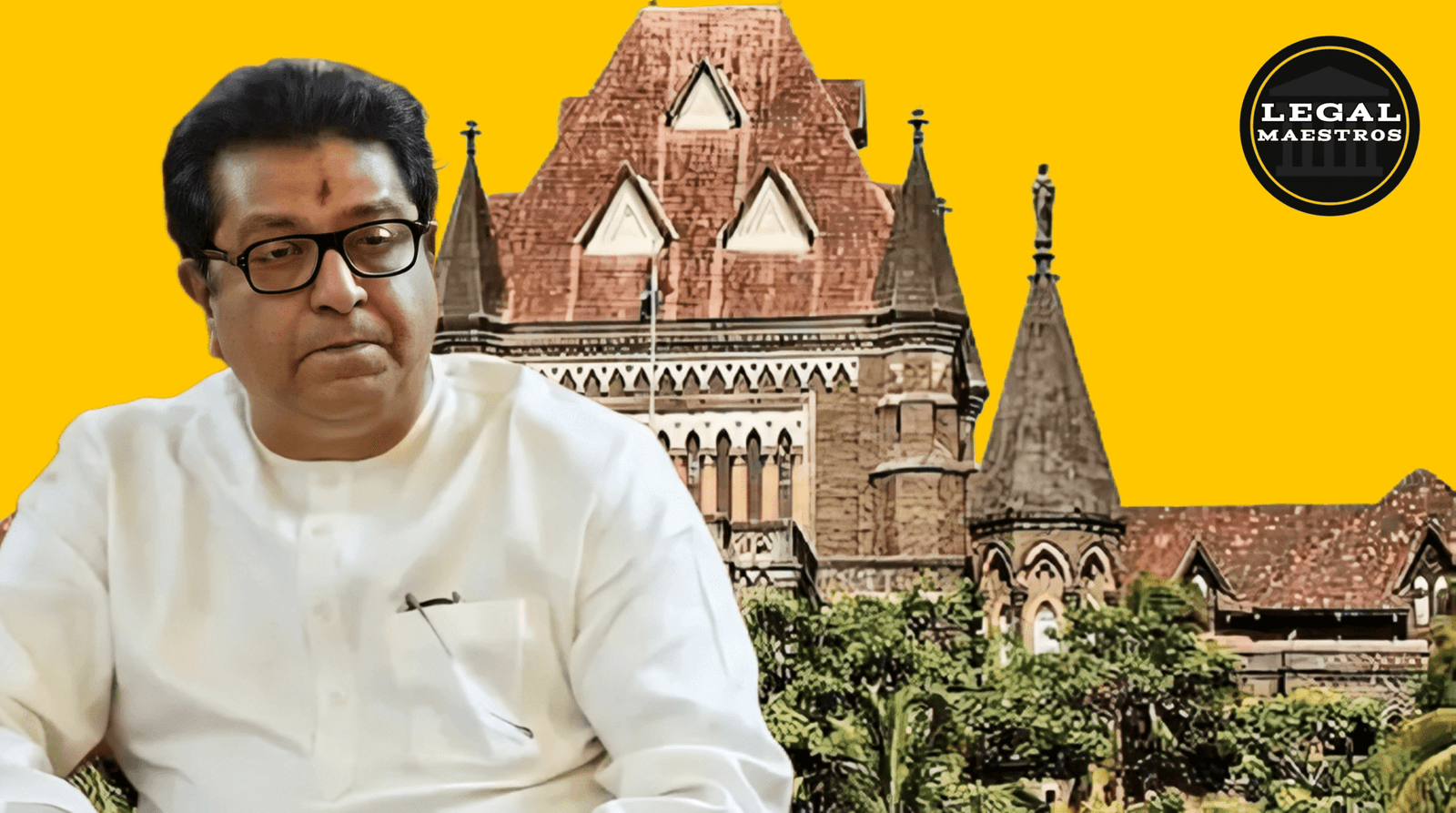
The highpoint in this regards is a petition has been placed in the Bombay High Court against the Maharashtra Navnirman Sena (MNS) President Raj Thackeray accusing him of inciting violence between Hindi-speaking people. The plea, by national president of Uttar Bhartiya Vikas Sena, Sunil Shukla, is not merely a call to issue an FIR (First Information Report) against the political leader but to also bring an end to the political party MNS. This court case throws into perspective the interwarring of the freedom of speech, hate speech legislation and the role of the state and election authorities in a heterogeneous and democratic nation such as India.
The basis of the Petition: What are the Charges?
The fundamental basis of the petition is that Raj Thackeray through his speeches has been propagating hate and disunity between different linguistic groups, namely Hindu speakers. The petition contends that such speeches have resulted in actual occurrence of violence, threats and harassment to those belonging to the North Indian community in Maharashtra.
As per the petitioner, there was a certain speech made by Raj Thackeray at a Gudhi padwa event that took place in March 2025, which directly caused some violent scenes. In the petition, there are allegations that no efforts were made even after the petitioner had complained severally about the vandalism to the police and the government of the day, hence explaining why he rushed to the courts to seek justice. The petitioner had first moved the Supreme Court which re-ferred the case to the Bombay High Court first.
For any queries or to publish an article or post or advertisement on our platform, do call at +91 6377460764 or email us at contact@legalmaestros.com.
The requirements in the petition are twofold:
- Registration of an FIR: The petitioner is asking of a criminal case against Raj Thackeray to be registered against him under different sections of the Indian penal code (IPC).
- Deregistration of MNS: The petition also seeks that the Election Commission of India (ECI) should act against the MNS, including deregister it, on the ground that it has allegedly, countered the Representation of the People Act, 1951.
The Legal Framework: The Indian Law Perspective to Hate Speech
The Indian legal system is devised in a manner that safeguards the right to the freedom of speech and expression as well as the necessity to uphold of the order and peace in the society. The court will consider the case of petition against Raj Thackeray through this legal medium.
1. Hate Speech Indian Penal Code:
The most important legal provisions regulating hate speech and calling to use violence appear in the IPC. Sections that the petition would most probably invoke include:
- Section 153A: This is considered to be one of the most important sections. It penalizes anyone who, by speech (oral or written) or sign, disseminates or seeks to disseminate enmity or hatred or ill-will between any classes or groups. This is done on grounds of religion, race, place of birth, residence, language, caste or community. It also punishes those things which are detrimental to harmony and tend to put a strain on the peace of the community. The case against Raj Thackeray, who made disparaging remarks about Hindi speakers can definitely be ruled in this section.
- SS153B: any statement knowingly and willingly; with a view to promote any act of law-breaking; making of or publishing of any statement, is to the effect, that any race or classes of people cannot be loyal to the Constitution or can be denied their citizenship rights.
- Section 505: Under this section, it will govern the statements which cause enmity, hatred, or ill-will between classes of people. It involves sending out (by telephone, radio, television, etc.) any statement, rumor, or report that is intended to cause or is likely to cause fear or alarm to the population, or radiation of the people to commit an offense against another society.
The legal procedure in an FIR consists of police inquiry. Should the court instruct the police to record an FIR, then the matter would be the initiation of a criminal proceeding against the MNS leader that could result in the filing of charge sheet and a prospective trial.
For any queries or to publish an article or post or advertisement on our platform, do call at +91 6377460764 or email us at contact@legalmaestros.com.
2. The Constitution and the Freedom of Speech:
Freedom of speech and expression to all the citizens is granted by Article 19(1) (a) of the Indian Constitution. But this right cannot be absolute. Article 19(2) States that the state may place such reasonable restrictions on this right to safeguard the importance of public order, decency, and morality as well as sovereignty and integrity of India.
The Supreme Court has been unanimous on its views that the right to free speech is not permissible to speech that promotes hatred and speeches that contribute to violence. Although, political leaders are entitled to give their opinion, they are not owed to have the climate of fear or enrage people to feel another. One of the main questions that the court will have to pay attention to is whether the accused speeches by the leader of the Maharashtra Navnirman Sena had ventured outside legitimate political speech into the zone of unlawful hate speech.
Deregistration of Political Party: An election commission role.
The second major demand presented in the petition is more serious and legally complicated one, i.e., the deregistration of the MNS. An expatriate of India reports to the Electoral Commission of India (ECI) which controls political parties. This is a major authority because the right to deregister a party is an important authority that is governed by Representation of the People Act, 1951.
For any queries or to publish an article or post or advertisement on our platform, do call at +91 6377460764 or email us at contact@legalmaestros.com.
A party may be deregistered by the ECI on grounds such as conditions of its registration are not complied with. Among the significant requirements, a party should hold a strong sense of the ideals of socialism, secularism, democracy, and the part of the party must preserve the sovereignty (representing the unity of the country) and integrity of India.
The petition claims that such actions on the part of the MNS by incepting violence and leading to communal discord are going against these basic principles. The moves of ECI will be important to act on this front. Although the ECI can issue notices and act, deregistration process in law is very long and in most cases includes an intricate investigation and an opportunity to the party to be heard.
Even the Supreme Court has issued certain guidelines to ECI to check upon hate speech by the political parties and their leaders. Appeals are also barred, by the Model Code of Conduct issued by the ECI, to cast one vote based on caste or communal sentiments one is not allowed to beg. The petition will challenge the capacity of the ECI to operate these rules and make a strong step to bring a legislized political party onboard.
For any queries or to publish an article or post or advertisement on our platform, do call at +91 6377460764 or email us at contact@legalmaestros.com.
The Implications and Precedents
It is not the first case of such sort. The history of law in India is replete with examples of the political leaders being targeted with hateful speech charges. These are cases that can result in a balancing situation between the freedom of expression and the necessity of safeguarding vulnerable communities. The role of the judiciary is crucial in establishment of precedent due to the maintenance of rule of law where political rhetoric should not degenerate into violence.
The decision of the Bombay High Court petition will have a broad future consequence. In case the court orders an FIR to be recorded it shall send a stern message that no one in spite of the political status quo is above the law. In case the ECI mediates and deregisters the MNS, it might revisit the contours of political debate in India and establish a strong precedent of contesting political parties being answerable to the policies and oratory of their leaders.
In such a diverse nation like India, linguistic and regional identifications in close connection with politics, the legal fight against hate speech is a regular activity. Such a petition in the Bombay High Court is also just a part of that continuing struggle and points to the necessity of judicial and institutional safeguards to ensure that democratic and secular traditions of the country are not distorted.
For any queries or to publish an article or post or advertisement on our platform, do call at +91 6377460764 or email us at contact@legalmaestros.com.

